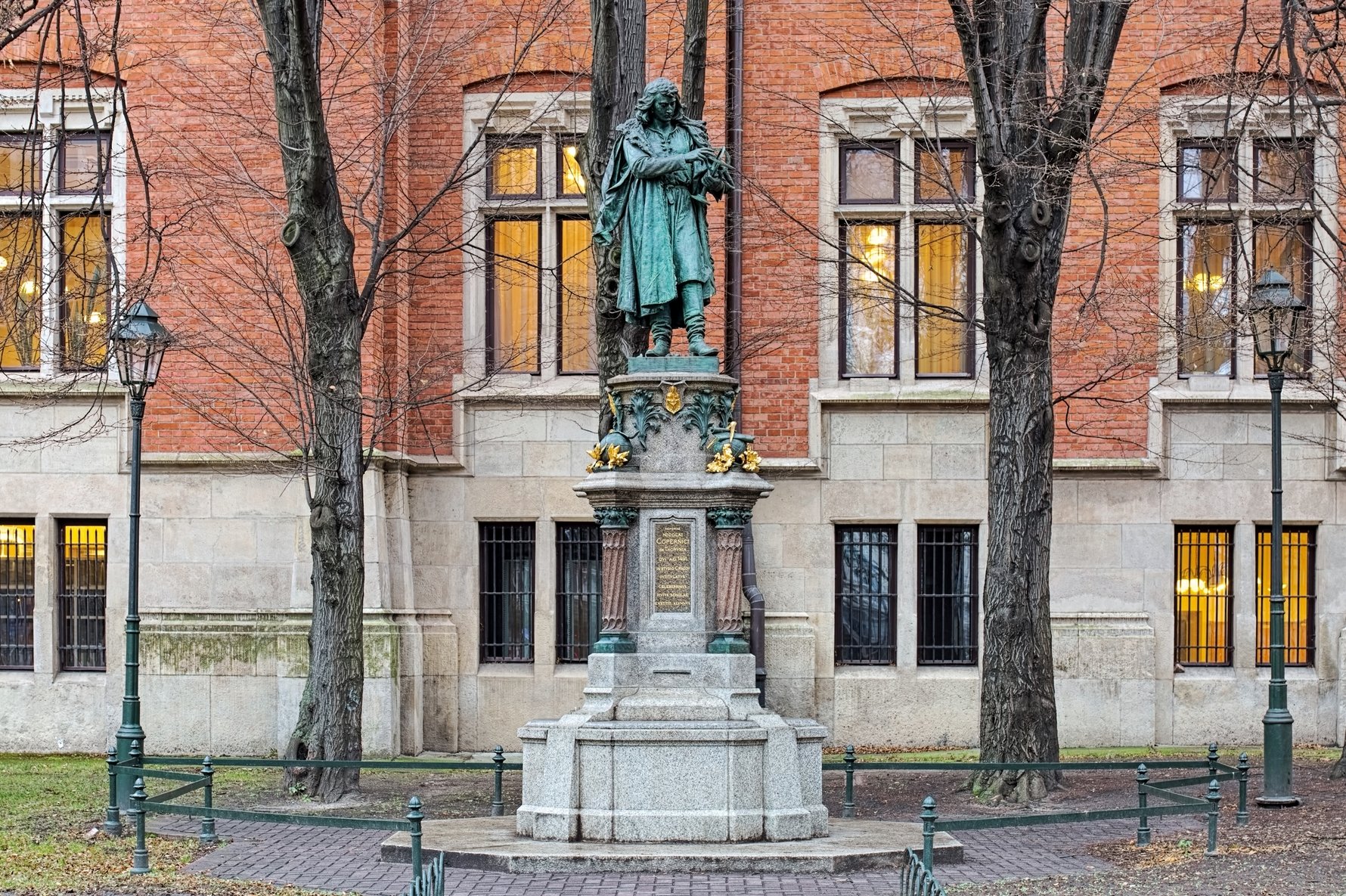
In 1509 Copernicus began publishing serious works, the first being Latin translations of the work of an obscure Greek poet, Theophylactus Simocattes. He soon began dedicating more and more time to his theories on astronomy, and in 1514 published a hand-written book, The Little Commentary, setting out his revolutionary theories of a heliocentric universe. In the same year he began writing De Revolutionibus Orbium Coelestium - a completely heretical work for its time that would eventually propel him to international infamy after his death. In 1514, however, his renown had already reached such heights that he was approached by the Pope to revise the Roman calendar, which was known to be out of phase with the Moon.
De Revolutionibus Orbium Coelestium was eventually published in Nuremburg at the very end of Copernicus' life in March 1543, almost 30 years after he started writing it. Although many before him had hinted at the unthinkable, that the Earth wasn’t the centre of the universe and orbited the sun, it was Nicolaus Copernicus who first stated it so publicly. Nicolaus Copernicus outlived the publication of his masterwork, which he himself had delayed, by just two months, dying at age 70 in Frombork – a town on the Baltic coast in northern Poland where he had settled at the end of his life. His final resting place was never recorded, but his remains were discovered and confirmed by DNA testing beneath Frombork Cathedral in 2005.
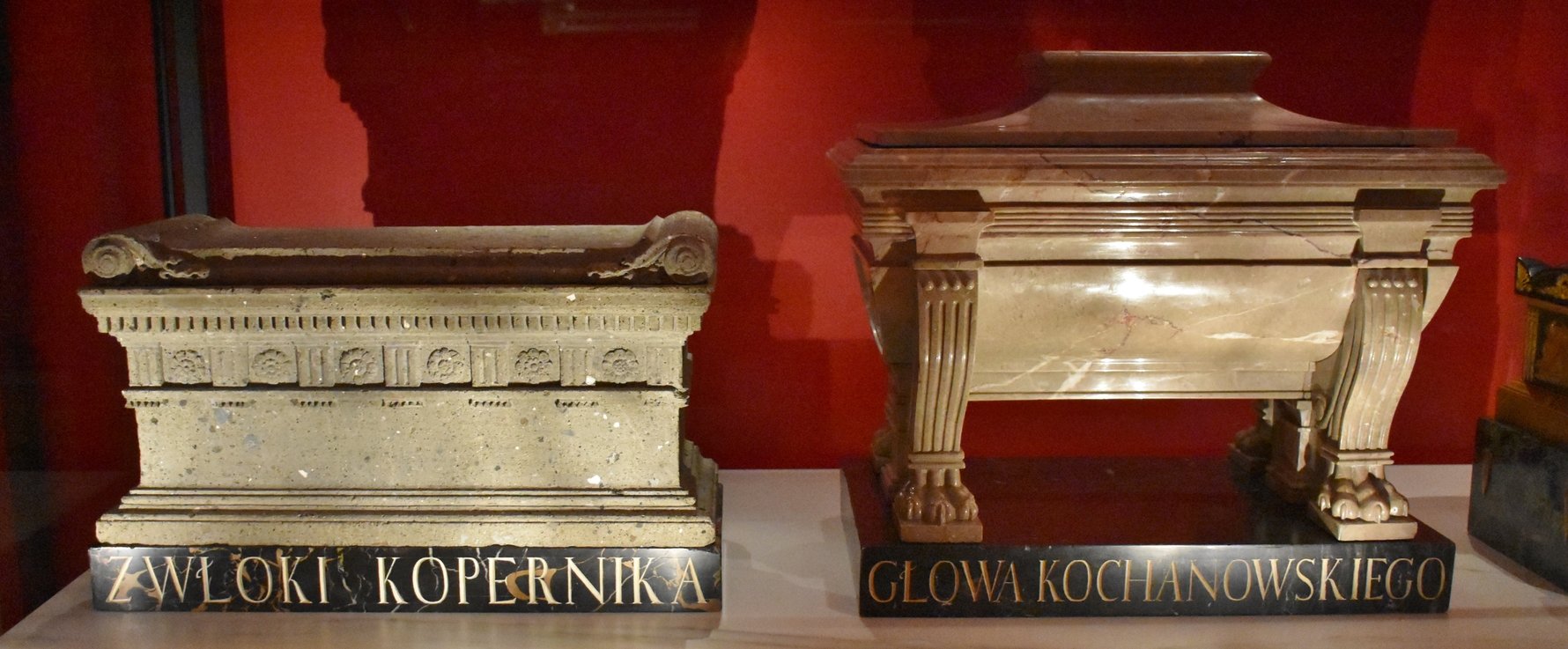
The matter of Copernicus’ nationality has long been a point of contention, particularly between Germans and Poles. To ascribe him a nationality today is largely pointless, since people in his day identified with the region of their birth more than any ‘nation’ in the modern sense. In Copernicus’ case he was born in Prussian territory with a German cultural background that was subject to the Polish crown. In the tradition of his time, he published his work in Latin, though there is ample evidence that he spoke both German and Polish. Today the city of his birth, Toruń, is in Poland and home to several sites related to the astronomer, including a fantastic museum in the house he grew up in.
In Kraków, a monument to Copernicus can be found in the Planty near Collegium Novum (ul. Gołębia 24), and the building where he studied and attended lectures - Collegium Maius (ul. Jagiellońska 15) - is today a museum. Additionally, the Czartoryski Museum includes a large urn macabrely labelled 'The Corpse of Copernicus.'


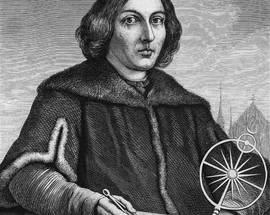
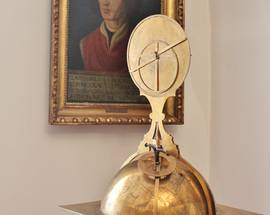
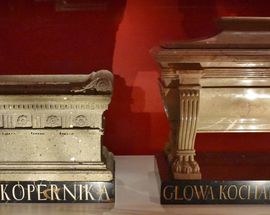

Comments